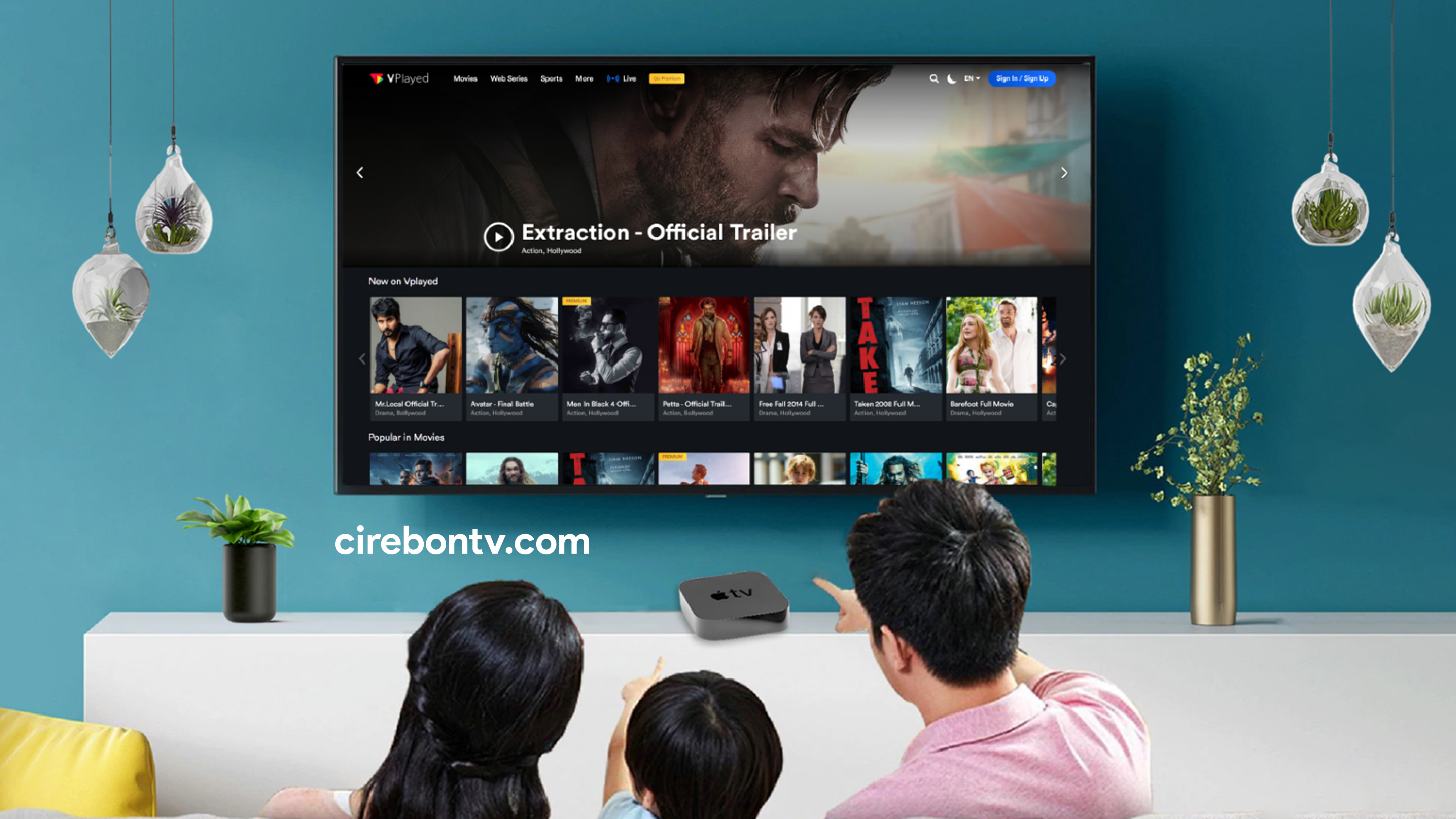What is IPTV?
Definition of Quality Vocabulary: IPTV.

IPTV stands for Internet Protocol Television, which is a technology that delivers television services over an internet-based network. Unlike traditional cable or satellite TV, which rely on dedicated infrastructure to transmit signals to your television, IPTV uses the same protocols that power the internet to deliver television content to your device.
How IPTV Works
Here's how IPTV generally works:
- Content Delivery: TV channels and on-demand video content are digitized and compressed into IP packets. These packets can include live TV broadcasts, recorded content, movies, and more.
- Network Infrastructure: IPTV services typically use high-speed broadband internet connections, such as DSL, cable, fiber-optic, or even mobile networks, to transmit these IP packets to your device.
- Set-Top Box or App: To access IPTV services on your TV or other devices, you may need a dedicated set-top box provided by your IPTV provider or an IPTV app that can be installed on devices like smart TVs, smartphones, tablets, and computers.
- Content Reception: The set-top box or app decodes the IP packets and displays the content on your screen. You can change channels, access on-demand content, and use other interactive features like pause, rewind, and record.
IPTV offers several advantages, including:
- Wide Range of Channels: IPTV providers can offer a vast selection of channels and content from around the world.
- Interactive Features: Many IPTV services come with interactive features like video on demand (VOD), electronic program guides (EPG), and the ability to pause, rewind, or record live TV.
- Flexibility: You can watch IPTV on various devices, not just your TV. This includes smartphones, tablets, and computers.
- Quality: IPTV can deliver high-definition and even 4K content, depending on your internet connection's speed and the service provider.
- On-Demand Content: Many IPTV services offer a library of on-demand movies and TV shows.
It's important to note that IPTV services like Tivimateoften require a subscription from a service provider, and the availability of channels and features can vary depending on your location and the specific service you choose. Additionally, some IPTV services may not always operate within the legal framework, so it's essential to ensure you're using a legitimate and authorized service to avoid any legal issues.